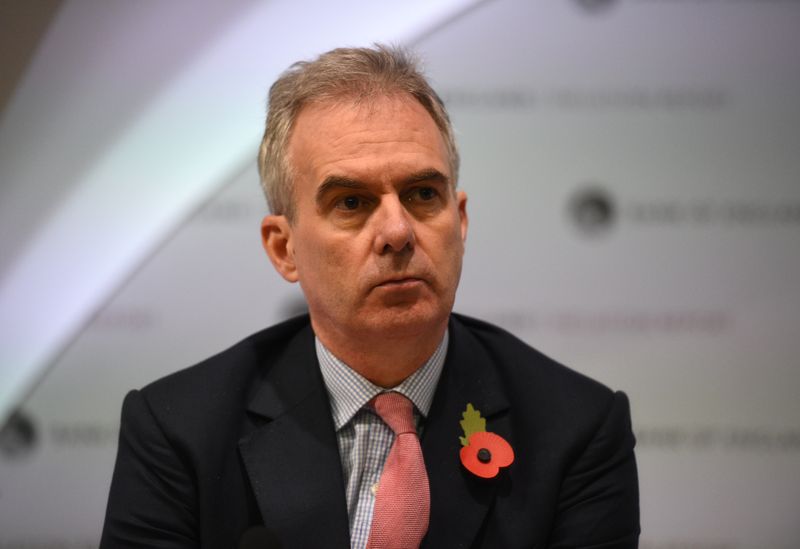LONDON (Reuters) - Post-lockdown shortages of workers in Britain will push up wage costs in some sectors, potentially fuelling short-term inflation, but the labour market will settle down with time, Bank of England Deputy Governor Ben Broadbent said on Tuesday.
"I think those strains will lessen over time," Broadbent told a panel of lawmakers considering the shortage of workers in the food and farming sectors.
"The (negative) influences on participation may go away. But ultimately, yes, part of this - certainly in certain sectors, it is very clear - is resulting in higher wages."
Last week, the BoE said it expected inflation in Britain would hit almost 5% in April, more than double its 2% target, and Broadbent said wage pressures were a factor behind the rise in inflation in the short term.
But a rise in prices for companies affected by the shortage of workers was likely to lead to less output in those sectors, he said.

"In the end, these markets clear. If you don't add any more people, and they are very specialised, then short of some labour-saving technology, output in the sector will be limited," Broadbent said.
"And the means by which it will be limited will be higher wages and prices."